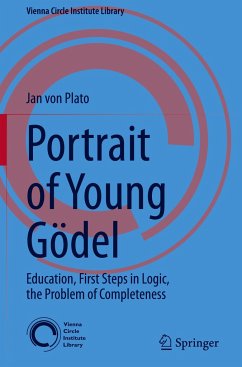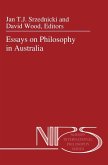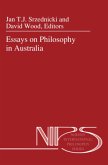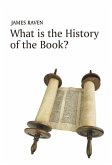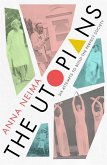In the summer of 1928, Kurt Gödel (1906-1978) embarked on his logical journey that would bring him world fame in a mere three years. By early 1929, he had solved an outstanding problem in logic, namely the question of the completeness of the axioms and rules of quantificational logic. He then went on to extend the result to the axiom system of arithmetic but found, instead of completeness, his famous incompleteness theorem that got published in 1931. It belongs to the most iconic achievements of 20th century science and has been instrumental in the development of theories of formal languages and algorithmic computability - two essential components in the birth of the information society.
This book explores Gödel's way from an exceptional high-school student to a firmly established young logician. Essays in Gödel's hand from the high school show that his central philosophical and scientific convictions were formed early on, before his university studies. Particular emphasis is laid on the course that made Gödel one of the foremost logicians of all times. The scientific biography of young Gödel is followed by English translations from Gödel's German Gabelsberger shorthand of all his early preserved notebooks on logic and related topics.
This book explores Gödel's way from an exceptional high-school student to a firmly established young logician. Essays in Gödel's hand from the high school show that his central philosophical and scientific convictions were formed early on, before his university studies. Particular emphasis is laid on the course that made Gödel one of the foremost logicians of all times. The scientific biography of young Gödel is followed by English translations from Gödel's German Gabelsberger shorthand of all his early preserved notebooks on logic and related topics.

